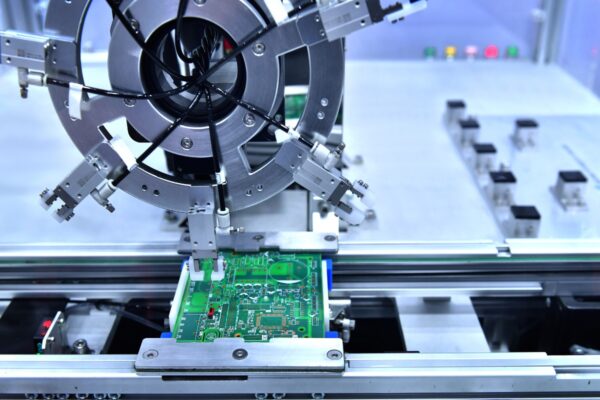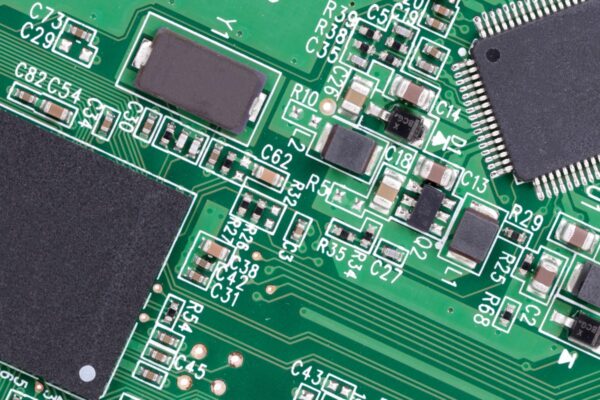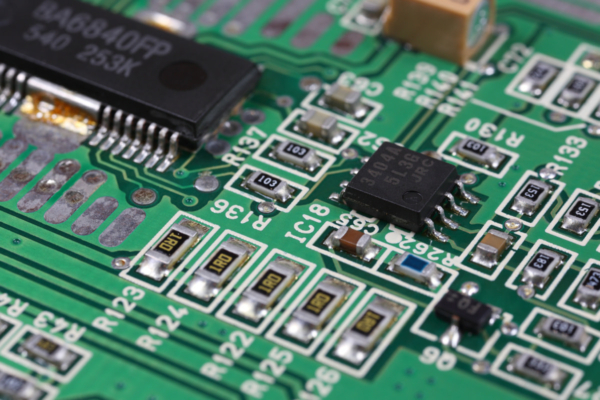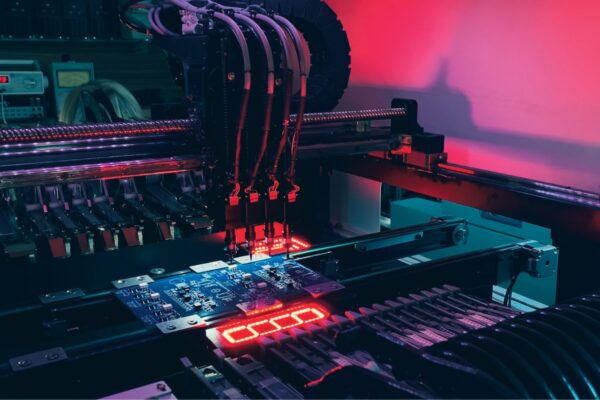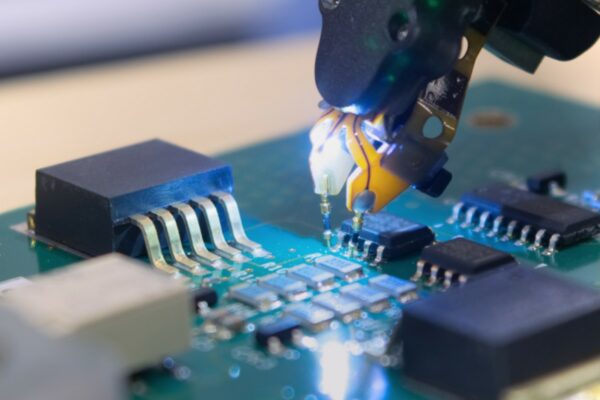What is Coupon
In the PCB industry, a “coupon” refers to a standardized design section of a PCB that is specifically created for the purpose of measuring and characterizing various features of the PCB. These features include dimensions, electrical properties, and manufacturing defects. Test coupons are strategically placed on the PCB panel during the manufacturing process to ensure the quality and reliability of the final product. They serve as test structures that allow manufacturers to evaluate the performance and consistency of the PCB’s manufacturing processes, such as plating, etching, and lamination.
Test coupons come in different types, including electrical test coupons, peel-strength electrical test coupons, microsection test coupons, and impedance test coupons. Each type serves a specific purpose in assessing different aspects of the PCB’s performance and manufacturing quality.
Including test coupons in the manufacturing process allows manufacturers to identify and address any potential manufacturing defects or issues before the PCB is assembled into the final product. This helps reduce the time and cost associated with debugging and redesigning a PCB.
While test coupons are valuable tools in evaluating manufacturing quality, they have limitations. The test environment may not fully replicate the real-world conditions that the PCB will be exposed to, which can impact its performance. Therefore, test coupons should be used in conjunction with other testing methods to ensure the highest level of quality and reliability in PCB design.
